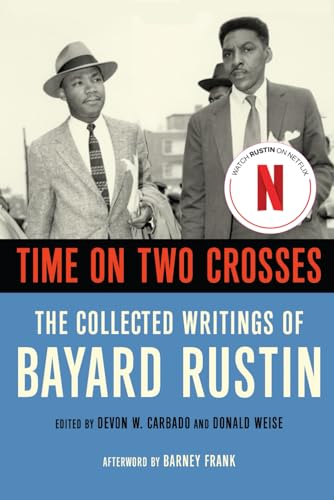What do you think?
Rate this book


424 pages, Paperback
First published July 10, 2003
Bayard Rustin was an unyielding activist for civil rights dignity, and equality for all. As an advisor to the Reverend Dr. Martin Luther King, Jr., he promoted nonviolent resistance, participated in one of the first Freedom Rides, organized the 1963 March on Washington for Jobs and Freedom, and fought tirelessly for marginalized communities at home and abroad. As an openly gay African American, Mr. Rustin stood at the intersection of several of the fights for equal rights.This is a collection of Rustin's writings from the 1940s through the 1980s. Personal, thought-provoking, absorbing perspectives; I learned a great deal about the man and what it means to have the the courage of your convictions. I was fascinated by Rustin's account of testing integration on interstate bus and train travel in 1946 and his continuing faith in the strategy of non-violence.